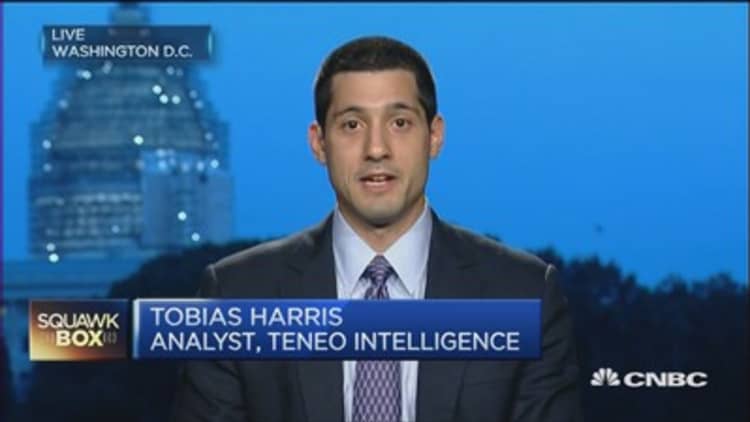South Korea's government may take back control over school history textbooks from private publishers next month, the education minister said, as debate over the region's past heated up ahead of the 70th anniversary of Japan's defeat in the second world war.
"History should be taught in one way to avoid division of the people," Hwang Woo-yea told the Yonhap national news agency, in remarks published on Wednesday, ahead of Thursday's 70th anniversary of the atomic bombing of Hiroshima. "At the moment, since there are various history textbooks, there can be confusion."
Mr Hwang — a trusted associate of President Park Geun-hye, who has given him the additional title of deputy prime minister — said that he would not rule out the reintroduction of a single, state-provided history textbook "if necessary".

The government's position on the subject will be announced next month, following a 20-month review by the education ministry that was launched in the wake of a controversy over a supposedly misleading textbook.
Government control over the school history syllabus was asserted under military rule in 1974, and ended in 2010. Since then, schools have been free to choose between a range of books produced by private publishers, which must first be approved by the education ministry.
The prospect of next month's final report bringing a return to a single, government-determined history syllabus has sparked strong opposition from liberal opposition politicians, who say it would restrict the diversity of views central to a strong democracy.
Yoon Gwan-seok, a member of the opposition New Politics Alliance for Democracy, said Mr Hwang's remarks hinted at a "political move" that would divorce South Korea from the standard practice in advanced countries, and leave it with a similar system to North Korea, Russia and Vietnam. Ms Park's supposed intolerance of dissent has been a favorite theme for her opponents.
More from the Financial Times:
Volatile yen threat as Abe support wanes
Barack Obama attacks critics of Iran nuclear deal
Move to seize North Korean ship in Mexico over abduction case
History education has long been a fraught subject in east Asia — particularly since the 2012 election as Japanese prime minister of Shinzo Abe, who stands accused in Beijing and Seoul of playing down Japan's aggressive acts during its early-20th century colonial expansion.
Mr Abe has called for education to avoid "self-torturing views of history", and it emerged in April that textbook publishers have pared back descriptions of atrocities such as the sexual enslavement of Korean women — a development that prompted Seoul to summon the Japanese ambassador.
But South Korea's own school textbooks have also proved a source of domestic controversy. In 2013 a scandal erupted over the government's approval of a school textbook that critics said provided an excessively conservative view of history, including downplaying human rights violations under Japanese occupation and the later authoritarian rule of Park Chung-hee, the current president's father.
Read MoreJapan's Abe to Congress: TPP's value is 'awesome'
The book was defended by members of the ruling New Frontier party, who said it offered a balance to the broadly left-leaning content of the other seven textbooks available to high schools. The government responded by ordering revisions to all eight of the books, and in January 2014 launched a process to determine necessary reforms to the system.
Ahn Byung-woo, head of the Seoul-based Asia Peace and History Education Network, said a move by the government to reclaim control of the history syllabus would be a dangerous "backtracking to the old days".
"It will force the government's view onto students — when a conservative government takes power, the history book will become conservative," he said. "A democratic society must embrace various points of view.

